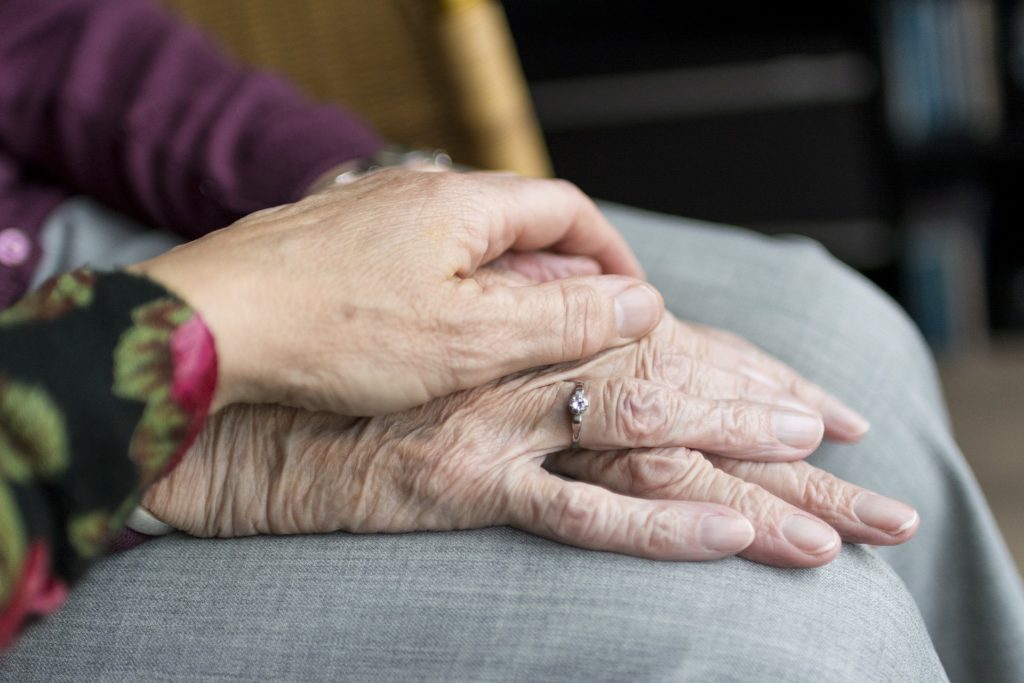
Input vital to shaping MAiD
By Dr. Andrea Frolic, director of MAiD and the Program for Ethics and Care Ecologies (PEaCE) at Hamilton Health Sciences
The decriminalization of Medical Assistance in Dying (MAiD) represents a pivotal change in end of life care in Canada. It has begun to change how we talk with patients about their options, about their suffering, about their living and dying. Patients who meet the legal criteria can now decide when, where and how they will die. MAiD has challenged us all to reflect on big questions, such as: What are my beliefs about “a good death”? How comfortable am I with assisted dying? How do I understand “intolerable and irremediable suffering”? What will I do if a patient or family asks me about MAiD?
Hamilton Health Sciences (HHS) prepared for MAiD back in 2015 by conducting surveys and focus groups with almost 400 staff members and physicians. We discovered a healthy diversity of opinions about this option amongst health professionals, and a clear message about how we ought to incorporate MaiD into how we care for patients at end of life. Specifically, you told us HHS needed to create a values-based approach that simultaneously honours the moral diversity within our workforce, and respects patients’ right to request MAiD. You told us we needed to establish a specialized consultation service to provide this care in collaboration with patients’ clinical teams.
Based on your feedback, we developed an interprofessional team called the Assisted Dying Resource and Assessment Service (ADRAS), including a wide range of medical specialties and health professions. ADRAS supports eligible patients to have an assisted death at home or in hospital, and builds capacity by coaching, mentoring and educating HHS staff and physicians about MAiD. Through its unique model of care, ADRAS endeavours to provide high quality whole person care that supports the physical, emotional, psychological and social well-being of everyone involved with MAiD, including patients, families, staff, physicians and learners.
one per cent of all Canadian deaths are MAiD deaths
Since federal legislation governing MAiD was passed in June 2016, over 60 HHS patients have made formal requests for this service. HHS staff and physicians have demonstrated enormous care and compassion for patients seeking MAiD during the early days of this new practice. Staff and physicians have taken time to listen to patient stories, explain options and explore choices. And we have supported one another by collaborating in care planning, innovating new practices, and reflecting together on the impact of MAiD on us as persons, professionals and care teams.
We have sought feedback from patients and families who have received MAiD care at HHS. Patients express gratitude to staff and physicians for listening to their suffering, discussing their values and beliefs, and honoring their choice to pursue MAiD. Families are also thankful for emotional support provided before, during and after the patient’s death.
Today one per cent of all Canadian deaths are MAiD deaths, and this trend is expected to grow in the years to come. In order to prepare for increasing volumes of MAiD requests, we want to understand how MAiD has affected front-line care, and what still needs to be done to deliver values-based, whole person, high quality care. HHS is conducting a new survey of staff and physicians to help us to understand:
• what has changed for staff and physicians, specifically around concerns and worries about MAiD
• what is going well in terms of MAiD practice at HHS
• what challenges and gaps remain
• what additional supports do staff and physicians require to respond to requests for MAiD
The results of this survey will be combined with feedback from patients and families, and focus groups with staff and physicians. This combined feedback will inform planning, and development of resources to support everyone affected by MAiD in navigating these challenging end of life scenarios.
